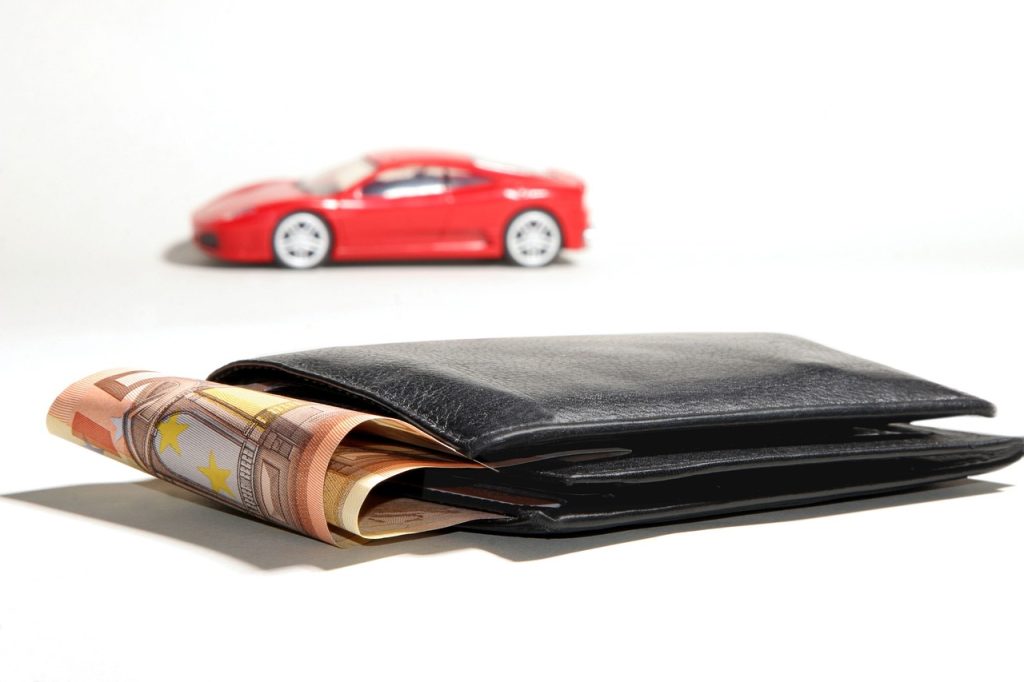
Cars are so expensive nowadays that few people have the funds to buy one outright. This typically means exploring some form of finance in which the cost is spread out over multiple monthly payments. Different types of finance each have their pros and cons. Below are 5 of the most common finance options compared.
Personal loan
One option is to independently shop for a loan to buy a car with. This could be from a bank or a private lender. Personal loans often don’t require any deposit or collateral. However, if you’re hoping to borrow a large amount, you could find it much harder to get approved for a personal loan than any other finance scheme unless you’ve got a good income and high credit score. Fortunately, there are many personal loans to choose from.
HP
HP stands for Hire Purchase and is a commonly offered finance scheme provided at dealerships. Whereas you own your car straight away when taking out a personal loan, a hire purchase scheme doesn’t enable you to fully own your car until the loan is paid off. Your car is used as collateral (if you fail to keep up with payments, the hire purchase lender can seize your car) and you often have to pay a deposit. That said, it’s usually much easier to get approval for this type of finance than a regular loan if you’re not a high income or haven’t got a high credit score. Payments may also be possible to spread out over many years and interest may be less.
PCP
PCP stands for Personal Contract Purchase. These finance schemes are also often offered by dealerships and allow you to pay even lower monthly payments than a Hire Purchase scheme. However, at the end of the term you must pay a single large payment known as a balloon payment in order to own the vehicle or you must return it to the dealership. PCP schemes may also come with yearly mileage restrictions and modification restrictions. Such finance plans also used to be known for charging discretionary commission, however this is now illegal and is something you can claim back using companies such as this Mercedes PCP claims service.
Leasing
Leasing a car is essentially like renting a car for a fixed term. This comes with many of the same restrictions as a PCP finance plan – you must keep within an agreed mileage and are typically prohibited from making most modifications as you do not technically own the car. At the end of the agreement, you typically do not have the option to buy the car as you do with a PCP plan. However, you can trade in the vehicle for a new car which you can then lease. A benefit of leasing is that it can allow you to drive newer cars more affordably than if you were to buy such a car using another finance plan.
0% interest
If you’re buying a brand new car directly from a manufacturer, there may be the option of a 0% interest finance plan. This is like a Hire Purchase agreement but with no interest. It may however require a large deposit and a good credit score and income to get approved (especially if it’s quite an expensive car that you’re buying).

Leave a Reply